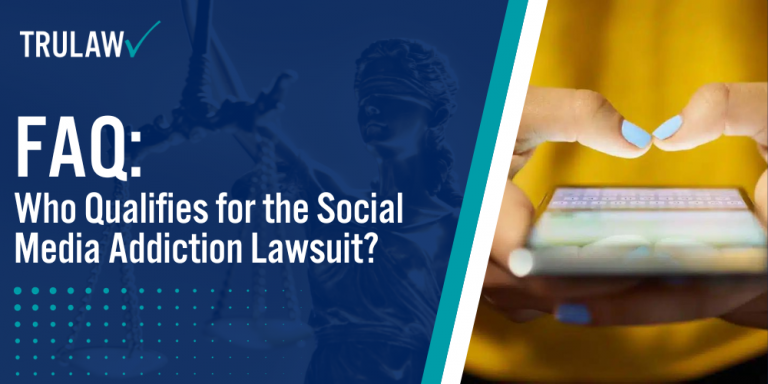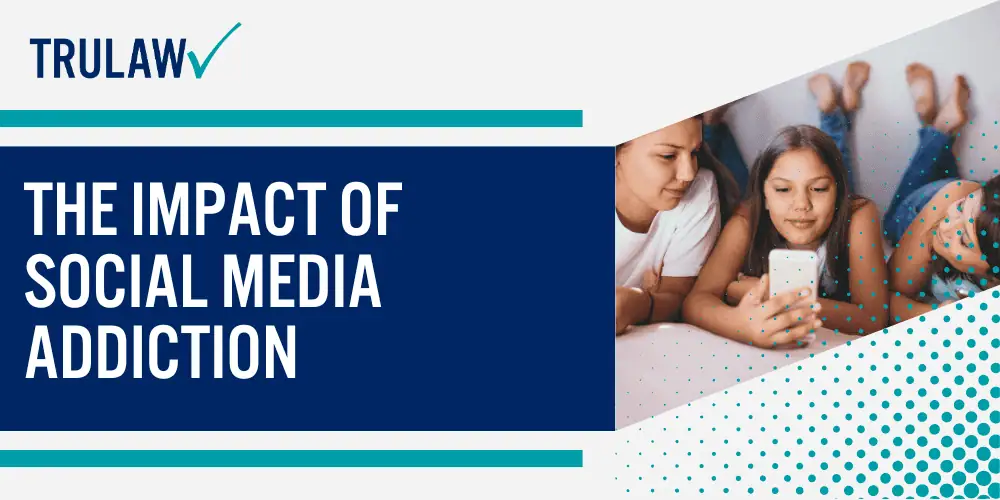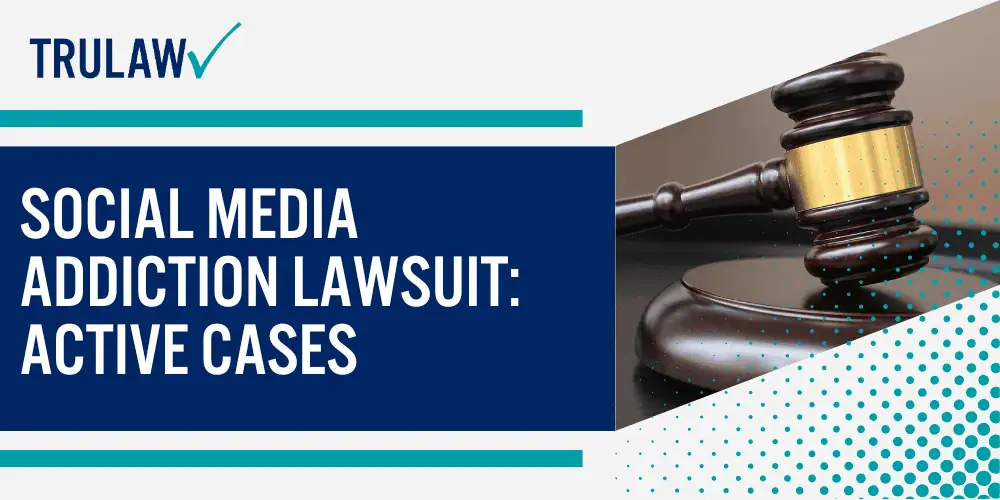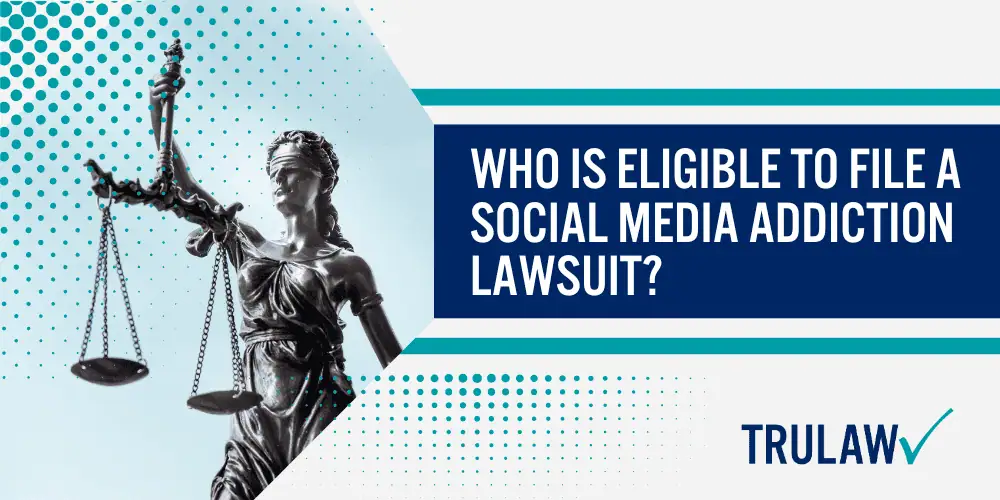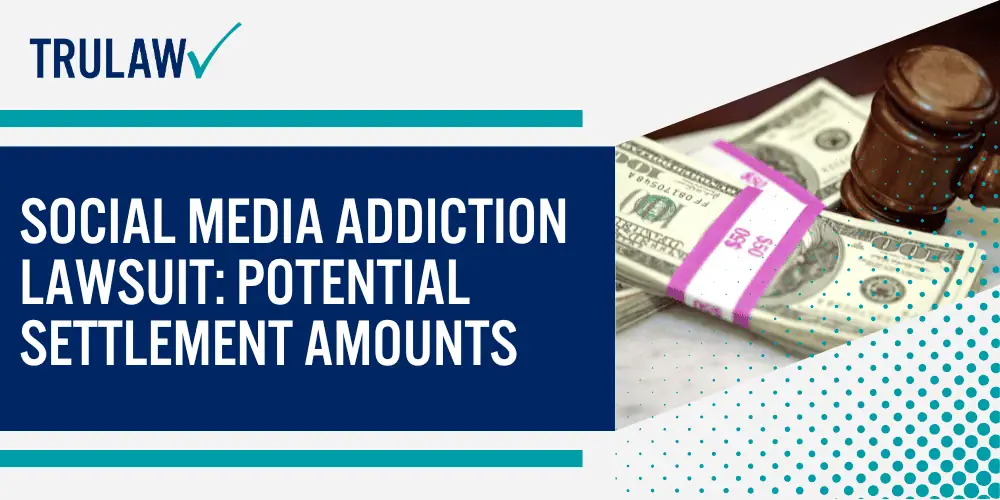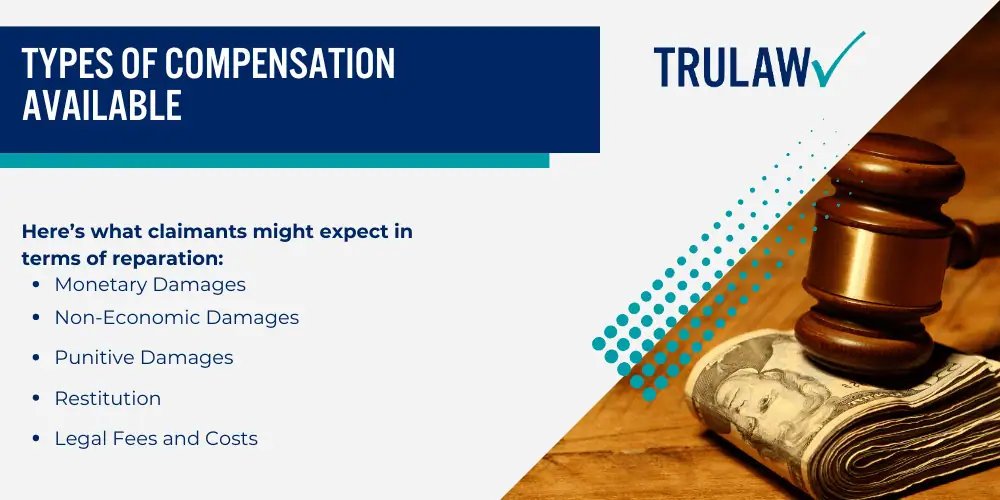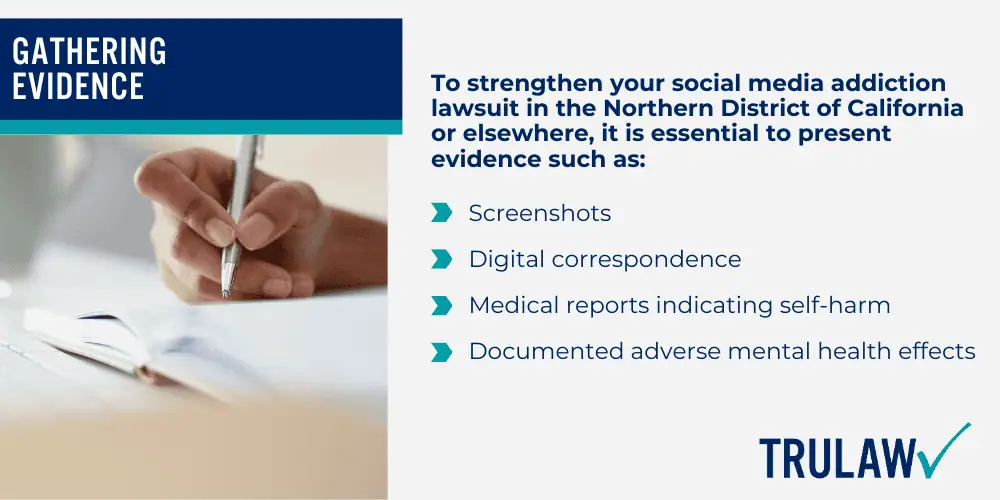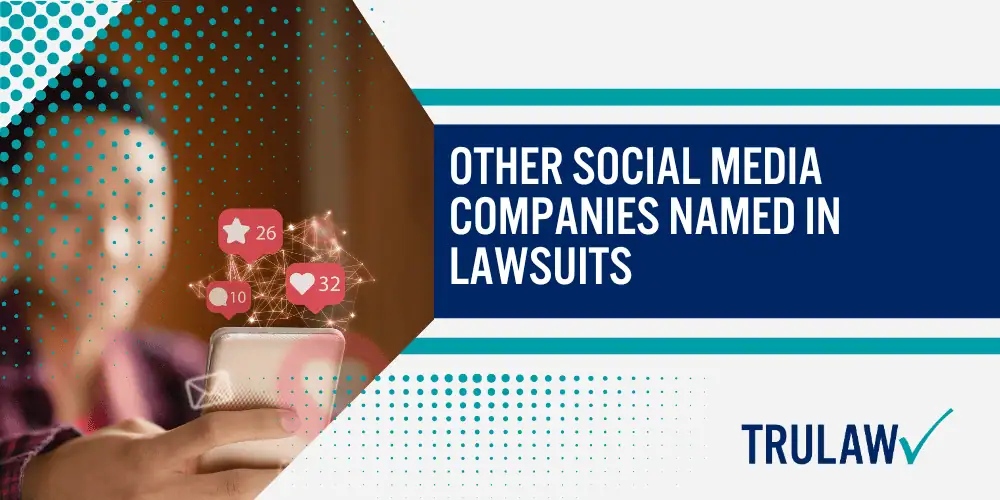Defining social media addiction involves understanding its pervasive nature and recognizing symptoms such as excessive time spent online, neglect of personal life, and mood changes related to social media use.
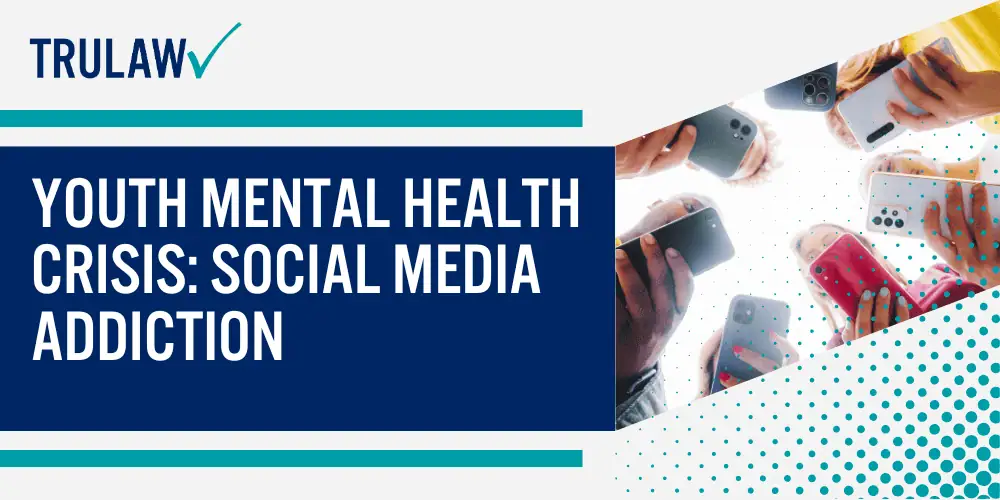
Defining Social Media Addiction
Social media addiction refers to the compulsive use of social media platforms, which significantly impacts an individual’s daily life, behaviors, and well-being.
This behavioral addiction triggers people to spend excessive amounts of time on sites like Facebook, Instagram, TikTok, and other platforms despite experiencing negative consequences in their personal and professional lives.
It often involves a persistent preoccupation with online interactions and an overwhelming desire to log in or check updates.
Individuals dealing with social media addiction may find themselves neglecting face-to-face relationships, work responsibilities, or even their own health.
Signs and Symptoms of Social Media Addiction
Understanding the signs and symptoms of social media addiction is crucial in identifying whether someone may have a valid claim for a lawsuit.
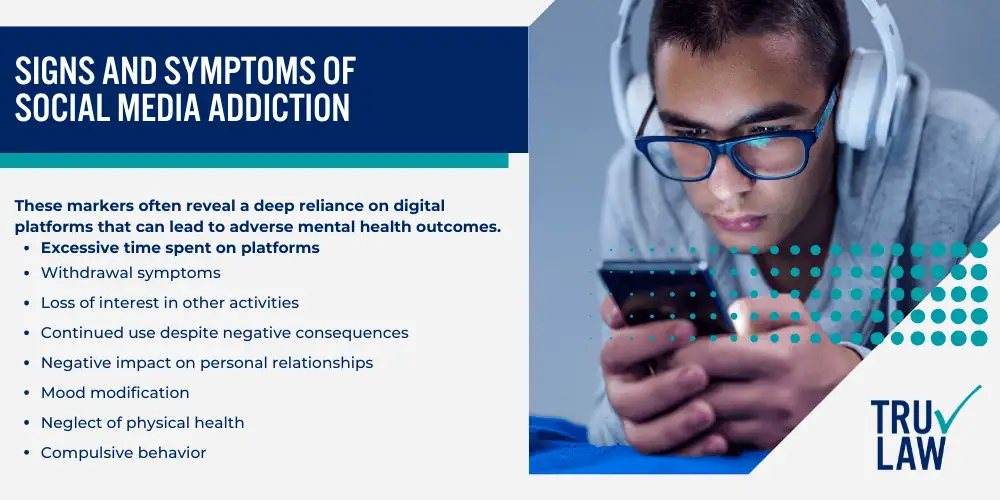
These markers often reveal a deep reliance on digital platforms that can lead to adverse mental health outcomes.
- Excessive time spent on platforms: Users might spend several hours daily scrolling through social media, often resulting in neglected responsibilities or lost sleep.
- Withdrawal symptoms: If unable to access social media, individuals may experience anxiety, restlessness, or irritability—a clear sign of psychological dependence.
- Loss of interest in other activities: A significant drop in participation or enjoyment of previously favored hobbies can indicate that social media has taken precedence.
- Continued use despite negative consequences: Even after facing mental health problems, school issues, or trouble at work due to overuse, users persistently log back in.
- Negative impact on personal relationships: Obsession with online interactions often comes at the cost of real-world connections with friends and family members.
- Mood modification: Some may use social media as a way to escape reality or alter their mood, much like one would with addictive substances.
- Neglect of physical health: Physical harm can occur when excessive screen time leads to poor posture, eye strain, or disrupted sleep patterns.
- Compulsive behavior: The need to check notifications constantly or update statuses without any real purpose demonstrates compulsive tendencies related to addiction.
